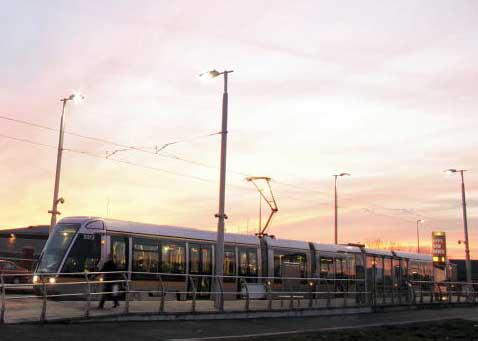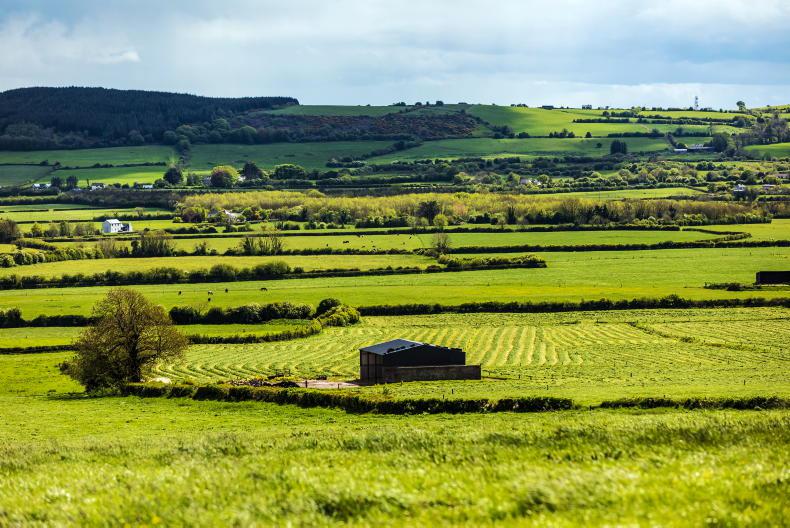Expensive air travel and looming winter power cuts is a throwback to the early 1980s. The binge on commercialism and technology began in earnest later in the 1980s and onwards with the emergence of low-budget airlines and the birth of the gadget. But as was once said back then, it’s time to tighten our belts.
The climate emergency has focused minds. It has left us scrambling to find ways and means to secure a more sustainable way of living. This has been accelerated by a need to be more resourceful with fuel and energy.
And without sounding glib, maybe we could adopt some practices from the way we lived in the 1980s, a time before there was cheap airfares and gadgets.
When I hear how some people are trying to be more sustainable in their shopping, commuting and consumption, it indeed reminds me of much of that 1980s life.
Generation X
For Generation X, it is within living memory when living sustainably was just simply known as living.
We had one-car families.
Shops were closed on Sunday. We cycled and walked to school, consumed less fashion and we cooked and ate at home, generally healthy straightforward diets too. Foreign travel was a luxury, farms were smaller and more diverse and the circular economy was a thing before we heard of the circular economy.
Nobody drank coffee on the go and meat and vegetables were bought direct from butcher shops and fruit and vegetable merchants which resulted in much less packaging and waste. And we grew our own vegetables even in urban gardens.
Duffle coats and shoulder pads
In that era of the duffle coat, the Raleigh burner and shoulder pads, we didn’t have home computers, smartphones or the plethora of devices to charge. There were no dishwashers eating electricity either. We used water sparingly.
I for one clearly remember going to the well for water.
Of course, the 1980s was no walk in the park either and it would be wrong to look at those pre-consumerism days through rose-tinted glasses.
Living a simple life was tough for families and the emigration numbers were testament to that. Poverty meant more sustainable living, it wasn’t a choice. Neither did we lead perfect lives back then and thankfully have expunged much of the dark ways in which we were governed and chastised.
But now as we come to grips with the physical effects of climate change – evidenced most recently in Pakistan – and combat rising energy costs, we are looking to adapt to those challenges in a way which mirrors a more simplistic way of life.
A way of life where we appreciate and value what we have, where we make sacrifices and consume less.
Challenges
Every generation has faced big challenges, but Generation Z is punch drunk from the various blows its receiving via high rents, high energy costs and the existential climate crises without being told to live the way their parents did. That said, young and old must pull together now.
We will see what the budget will bring in terms of “sticking plaster” relief but in the long term, we know that the 100 miles an hour way some of us live must cease before we collide head on with the approaching brick wall.
So maybe let’s go back to the future, if you pardon the pun, and reference how we survived the 1980s as a sort of self help guide to how we survive the 2020s.
Last week’s ASA conference was another event that showcased the latest science on reducing agriculture’s carbon footprint. This information needs to be communicated beyond farming. Non-farmers and environmental groups interested in agri sustainability should attend or at least be invited to these conferences too.









SHARING OPTIONS